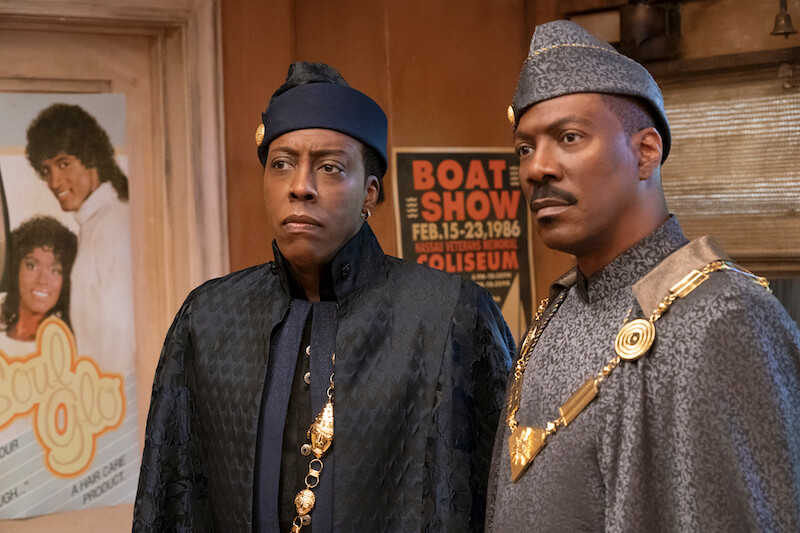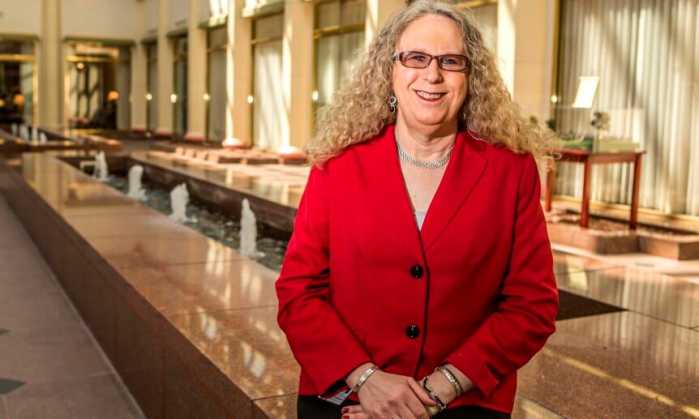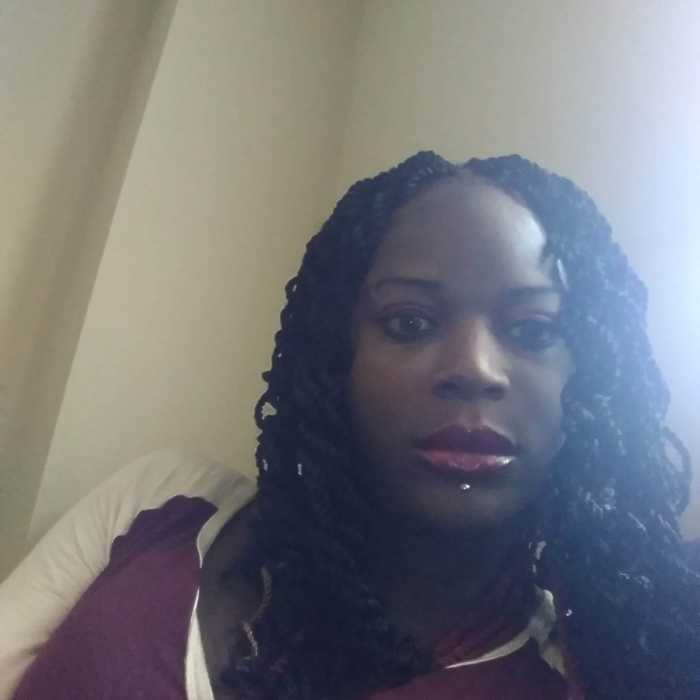The long-awaited sequel to “Coming to America,” the 1988 cult classic starring Eddie Murphy as Prince Akeem of the Kingdom of Zamunda, has arrived! But, “Coming 2 America,” now streaming on Amazon Prime, is far less about actually coming to America than it is about returning to Africa.
“Coming to America” was set mostly in Queens, where Akeem, accompanied by his loyal aide, Semmi (played by Arsenio Hall), set out to find authentic love.
By contrast, the lion’s share of “Coming 2 America” takes place back in Zamunda, a fabled country in Africa to which Akeem’s long-lost, American-born son journeys to claim his royal birthright and, predictably, finds romantic bliss with a local woman.
Behind this twinkling fantasy is an actual, factual movement: Black people in the diaspora “returning” to Africa for the prospect of thriving in a Black-majority environment.
The government of Ghana proclaimed 2019 the “Year of Return” with a campaign “inviting the Global African family” to tour, invest, and relocate there. President Nana Akufo-Addo rolled out the red carpet for celebrity visitors like British model Naomi Campbell, American rapper Cardi B., and Jamaican singer Koffee. And a mass naturalization ceremony was held, conferring citizenship upon 126 African-Americans and Afro-Caribbeans.
But, for LGBTQ kin, the welcome mat is not so plush. Last year, Ghana, where sexual activity between men is illegal, banned a pan-African conference on LGBTQ rights, “not because of coronavirus,” said a government spokesperson, but objection from conservative Christian groups. On February 21 of this year, security forces in the Ghanaian capital of Accra shuttered a community center recently opened by the advocacy group LGBT+ Rights Ghana, the organization said in a tweet. News reports say the center was closed to protect its staff, following death threats and online hate speech. The shutdown sparked “an extraordinary show of diaspora power,” according to The Guardian, with 67 Black British celebrities and dignitaries, many of Ghanaian heritage, signing a letter urging Akufo-Addo to institute LGBTQ protections. The signatories include Edward Enninful, editor-in-chief of British Vogue, who is an out gay man.
Earlier, Ghana’s minister for gender, children, and social protection, Sarah Adwoa Safo, told lawmakers that “The issue of LGBTQI is an issue that when mentioned creates some controversy, but what I want to say is that our laws are clear on such practices. It makes it criminal…it is non-negotiable on the issue of cultural acceptance and norms, too.”
Similar positions are taken by lawmakers in neighboring Nigeria, where there is “harsh” anti-LGBTQ legislation, according to Human Rights Watch.
“I wasn’t disappointed by [my] experiences in Nigeria and Ghana because I had no expectations of safety there,” Maya Okonkwo, a Black lesbian visitor from Britain, told Lonely Planet in June, 2020. “I stayed firmly in the closet for the entire duration of my stay.”
Kehinde Wiley is undeterred. The celebrated openly gay, African American artist who painted Barack Obama’s official portrait, is opening a studio in Lagos, Nigeria’s capital, according to Architectural Digest. Wiley has already cut the ribbon on Black Rock, a stunning artist’s retreat on the outskirts of Dakar, Senegal. Among the creatives recently granted a Black Rock residency in 2021 is Arinze Ifeakandu, a queer-identified, Nigerian-American writer.
Wiley and Ifeakandu are representative of a less visible minority of people claiming space on the continent as both diasporic and queer.
The invitation to “return” to Africa has struck a chord with several Black luminaries in the entertainment industry. None queer so far. Stevie Wonder told Oprah last month that he plans to move to Ghana permanently. Others have taken citizenship in different African nations – actor Samuel L. Jackson and rapper Ludacris in Gabon, actress Tiffany Haddish in her father’s homeland of Eritrea, and actor Idris Elba in his father’s birthplace of Sierra Leone. Actor Isaiah Washington used the results of his ancestry DNA test as evidence to acquire citizenship in Sierra Leone.
Black-led movements espousing “repatriation” have been in existence for centuries. “Coming 2 America” is a fiction. But an upcoming biopic titled “Marked Man” will feature actor Winston Duke of “Black Panther” fame as Jamaican-born Marcus Garvey, a major leader in the Back-to-Africa movement in the early twentieth century.
Nicholas Boston, PhD, is an associate professor of media studies at the City University of New York, Lehman College, and author of “The Amorous Migrant: Race, Relationships and Resettlement.”






































